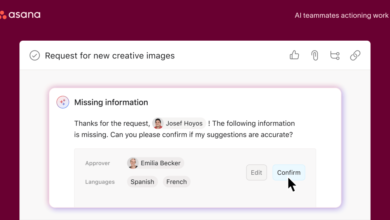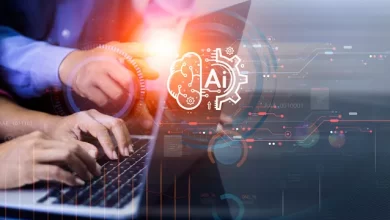Repsol boosts its legal department with generative AI

by julia gil
At the beginning of April, Repsol’s legal department marked a milestone by becoming the first in Spain, and one of the pioneers in continental Europe, to adopt Harvey, a generative AI platform for the legal profession. But this is not the only tool that has been evaluated. In parallel to the analysis of the US platform, they have carried out the internal development of an artificial intelligence solution based on GPT4, called Lexia. In this interview, Iberian Lawyer talks to Pablo Blanco Pérez, general director of legal affairs and secretary of the board of directors of Repsol, to explore the process of selection and implementation of this generative AI, capable of saving each lawyer up to three hours a week of repetitive work with little legal content.
What prompted Repsol to seek AI solutions for its legal area?
One of the levers for achieving Repsol’s strategic plan (2024-2027) is the commitment to digitalisation and disruptive technologies. Seven months ago, in Repsol’s legal affairs department, we started our own transformation project, the “Protea” project, which includes modernity as one of its pillars. From the outset, and through our LegalTech area, we began to study how to take advantage of the most disruptive technology on the current scene, generative AI, in the daily work of our professionals.
With the aim…
Some tasks that we perform in Repsol’s legal services are sometimes repetitive, and we considered that generative AI could help our professionals to reduce the time spent on them, allowing them to focus on legal work with greater added value and be more efficient in their day-to-day work. In addition, we were looking for an AI solution with more functionalities and use cases that would help legal work, such as text analysis, comparison of documentation or proposals for drafting improvements. For all these reasons, we started the reflection and search for generative AI solutions trained in legal language (legal fine-tune).
What is the biggest challenge you have faced in its implementation?
We have faced many challenges during the process, but perhaps the most complicated one has been to analyse the impact of implementing a generative AI tool with legal fine-tune, as well as those use cases where our professionals could make the most of this technology. It was very important for us that the AI tool implemented would be a real help to the work performed by our professionals and, at the same time, would provide a solution to real needs, improving the quality of work and helping them to be more efficient in their daily tasks.
Has it been the only tool you have valued?



